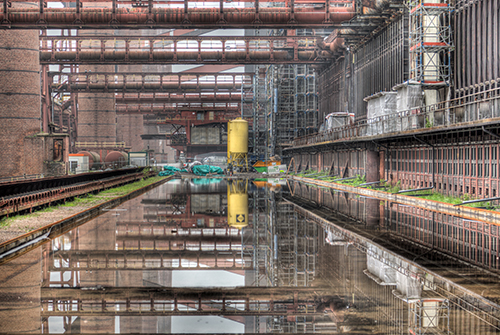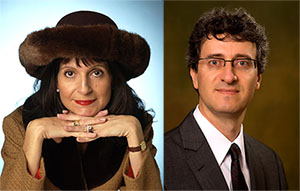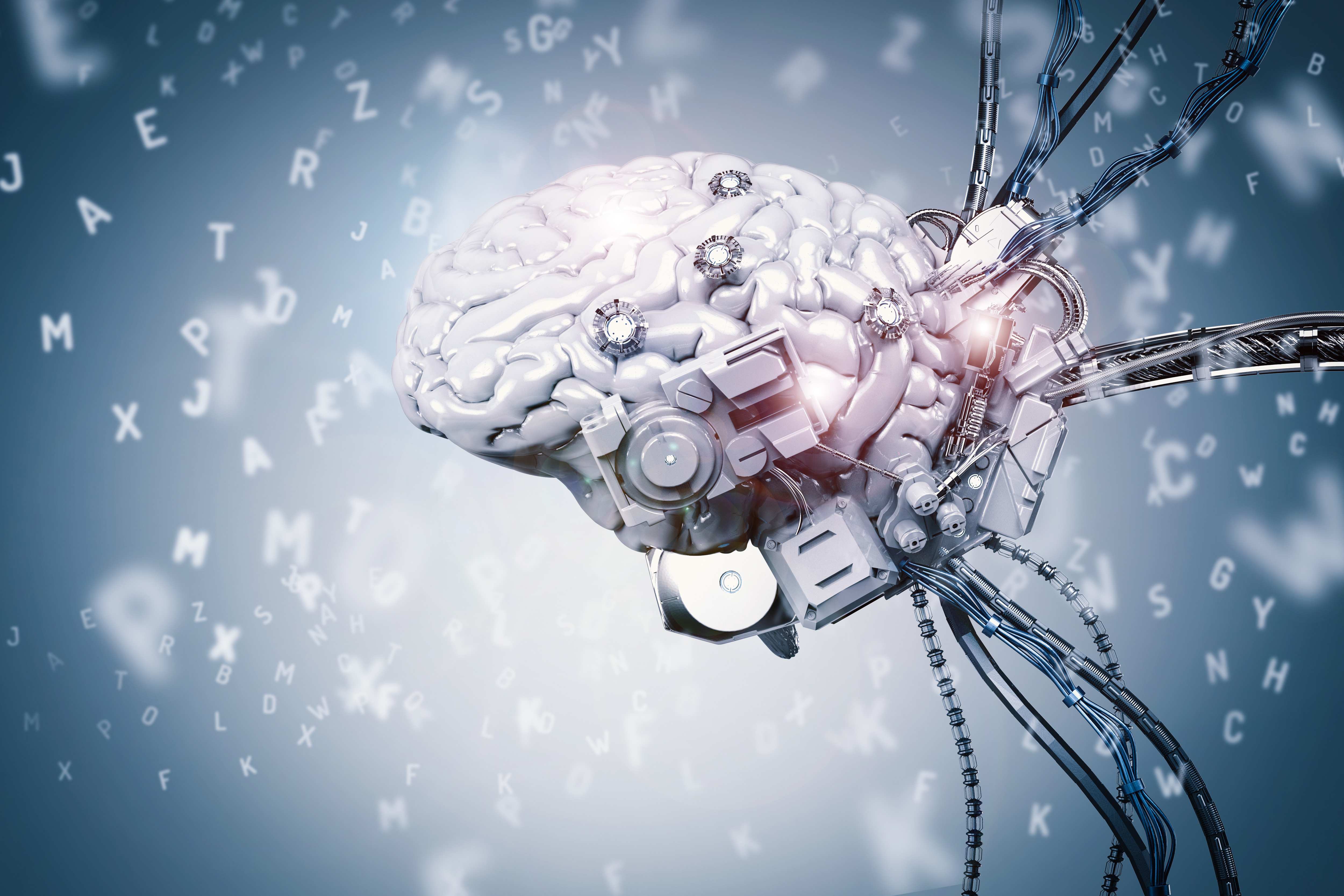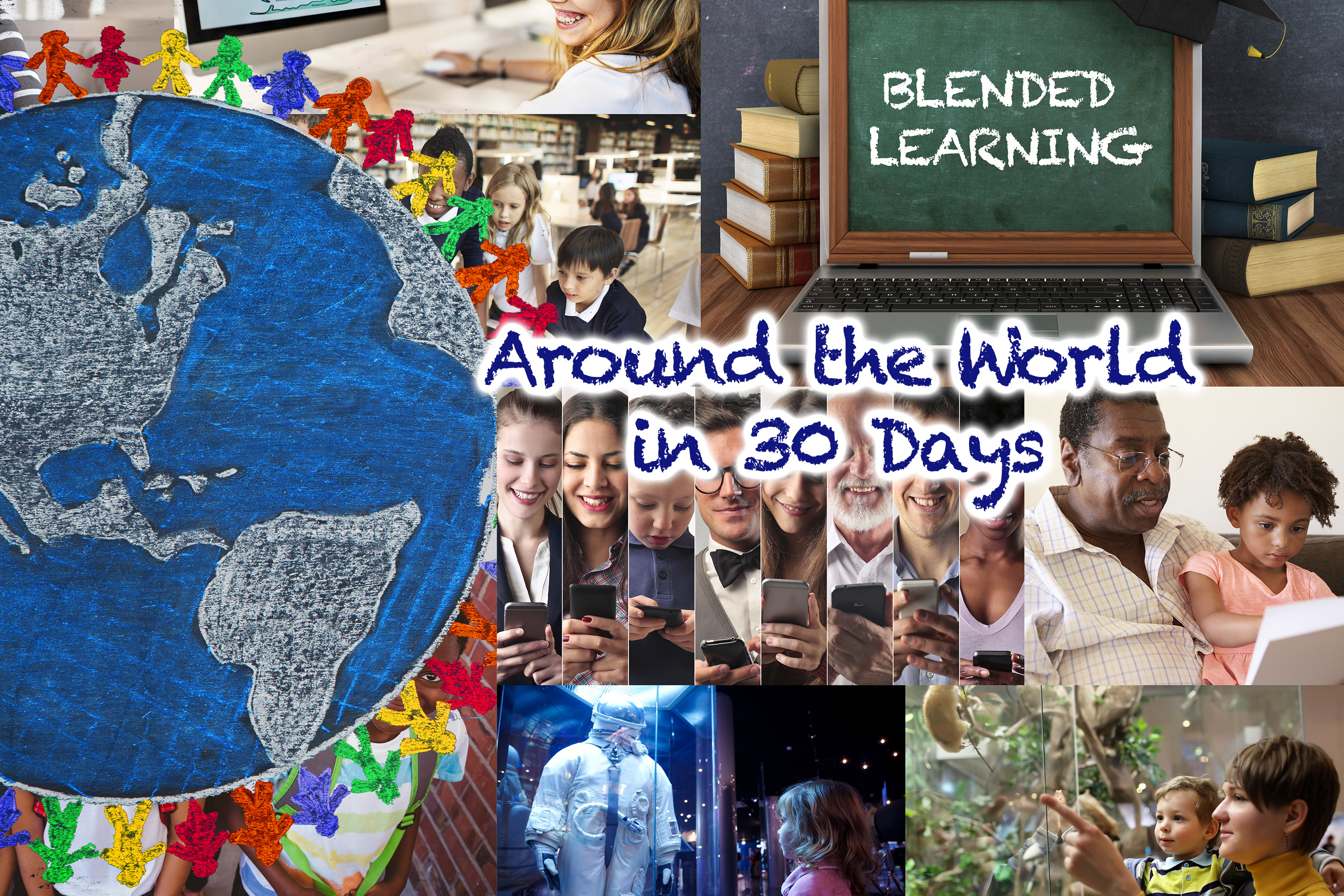“We need courageous cathedral builders! We also need to address traditional experts’ biases clinging to their narrow domains, parents’ old personal experiences biasing their views, and teachers’ and administrators’ lack of training and leadership, respectively.” — Charles Fadel
All around us we are witnessing disruptive automation that is changing lives and taking away the jobs many have relied on to make a living. According to a recent report by PwC, within 15 years, artificial intelligence will take over 38% of U.S. jobs. But will this trend continue even further, and to what extent does AI pose a threat to most of our jobs?
Charles Fadel says ”yes, but…” In the interview that follows, the Founder and Chairman of the Center for Curriculum Redesign acknowledges that the Digital Revolution will force many jobs to become obsolete. However, all is not lost. Fadel believes new and higher paying occupations will develop as a result of automation; what we must do now is reform education to ensure our kids don’t get left behind. J. Hawksworth, PwC’s chief economist, agrees, stating “Knowledge will be a commodity so we need to shift our thinking on how we skill and upskill future generations.” Dr. Carl Frey, one of the most widely cited scholars in the field of workforce automation and industrial renewal from the Oxford Martin School, University of Oxford, also confirms, “Social and creative skills are most difficult to automate. Those are the ones that most workers will have to acquire.”
Exploring topics such as “What should students learn for the 21st century?” and “Making Education More Relevant,” Fadel’s research into education, and more specifically, curriculum, has focused on developing innovative ways to revamp education systems to make learning more relevant. The first step? Changing perspectives. We all have personal biases, however, Fadel claims parents and educators must acknowledge and reform their dated opinions so they do not interfere with preparing the younger generation for their AI futures.
The Global Search for Education is pleased to welcome global education thought leader and futurist Charles Fadel, author of Four-Dimensional Education, to discuss how workforce trends will change as a result of increased automation, and to share his views on creating an education that will ensure students are able to succeed in an age of robotics.
“An estimate of 9% to 50% of the labor forces of developed countries are susceptible to automation in the coming decades.” — Charles Fadel
“Robots are going to cause unemployment.” The themes of automation and offshoring are in our headlines more than ever. Robotics and artificial intelligence are improving at dramatic rates. What kind of job skills can we expect to see replaced by automation?
There are four different job types: the first being routine impersonal work, such as basic accounting, call center operators, and airline help desks. These jobs are often offshored and are moving towards further automation. The second job type is non-routine impersonal work. These jobs include X-Ray interpretation and pathologists, legal discovery, and document editors. These jobs are becoming increasingly offshored even though they are harder to automate. The third is routine personal work, such as taxi drivers and cleaning services. These jobs remain onshore but are becoming increasingly automated. The last job type is non-routine personal work. These jobs include surgeons, CEOs, and teachers. These types of jobs will most likely remain onshore for a long time, and are also harder to automate.
“The Canadian Scholarship Trust has attempted to predict various new positions for the coming decades, including robot counselor, gamification designer, and recyclable design specialist.” — Charles Fadel
Let’s talk about the new jobs that we can expect to see in the next decade. What does the increasing progression of Robotics/Artificial Intelligence mean for future jobs?
There is a huge “jobsolescence” factor that has become more relevant in recent years. This means that jobs will be rendered obsolete. An estimate of 9% to 50% of the labor forces of developed countries are susceptible to automation in the coming decades, but even at the 9% low end of the estimates, this can cause significant social unrest – not to mention the 50% nightmare possibility… However, jobs are facing multiple scenarios in upcoming years. The first scenario is replacement or substitution of jobs with automation. The second is augmentation, such as IBM’s Watson used to shoulder doctors’ diagnostics, and the third is the creation of more jobs, which is the hardest to imagine. Since there are many jobs that exist today that did not exist a decade ago, it is quite likely this scenario will happen as well. Some of these jobs include app developer, driverless car engineer, and big data analyst. Not only are these jobs being created due to the increase of technological development but also the pay in these jobs is high. While not as high paying, other jobs created by technological change include social media manager, drone operator, and Uber driver (and the latter two can be automated over time). The Canadian Scholarship Trust has attempted to predict various new positions for the coming decades, including robot counselor, gamification designer, and recyclable design specialist.
Given the rapid growth in automation, it’s clearly essential that we prepare young people for those new jobs now. What is the role of education in keeping up with the automation advances and equipping people with the competencies they must have to make a living?
A higher level of overall expertise is needed to be able to survive in this new environment, as it became the norm during the Industrial Revolution – the Digital Revolution is placing an even greater pressure on all of us. People need to be versatile and adaptable to their morphing environments, and to be “upskilled.” This is similar to what was implemented for the Industrial Revolution but with the rapid growth of automation, this process needs to be implemented significantly faster.
In addition, the goals of education have to tackle three main points. The first is relevance, for motivation and a real-world applicability. The second is versatility, for robustness in the face of relentless change. The final point is the transfer for actionability across novel situations. Transfer is critical because it is the ability to use one’s learning from whenever it was acquired and use it for a completely different context. So in the same way we talk about “flipping the classroom”, we must talk about “flipping the curriculum”. Traditional education has focused on information and data, but expertise and transfer are of much greater importance. These goals apply to schools, higher education, as well as lifelong learning/workforce development.
“We talk about ‘flipping the classroom’, we must talk about ‘flipping the curriculum’.” — Charles Fadel
What are the critical steps we must take to ensure we shape education to combat what you called “jobsolescence”?
To ensure that we shape education for the future that we desire, some changes need to be made: to college entrance requirements that presently focus on efficient sorting; to assessments that measure the narrow traditional disciplinary goals of partially antiquated knowledge; to politics/policies that shrink away from controversy – we need courageous cathedral builders! We also need to address traditional experts’ biases clinging to their narrow domains, parents’ old personal experiences biasing their views, and teachers’ and administrators’ lack of training and leadership, respectively.
We will also need to make concerted collaborative efforts among the education, business and government sectors to react to the emerging jobs. And as to forecasting new occupations, despite the uncertainty with respect to making such determinations, we must do our best to identify what appears to be likely given the trends that are clear to us now.
(All Photos are Courtesy of CMRubinWorld)
C. M. Rubin and Charles Fadel
Join me and globally renowned thought leaders including Sir Michael Barber (UK), Dr. Michael Block (U.S.), Dr. Leon Botstein (U.S.), Professor Clay Christensen (U.S.), Dr. Linda Darling-Hammond (U.S.), Dr. MadhavChavan (India), Professor Michael Fullan (Canada), Professor Howard Gardner (U.S.), Professor Andy Hargreaves (U.S.), Professor Yvonne Hellman (The Netherlands), Professor Kristin Helstad (Norway), Jean Hendrickson (U.S.), Professor Rose Hipkins (New Zealand), Professor Cornelia Hoogland (Canada), Honourable Jeff Johnson (Canada), Mme. Chantal Kaufmann (Belgium), Dr. EijaKauppinen (Finland), State Secretary TapioKosunen (Finland), Professor Dominique Lafontaine (Belgium), Professor Hugh Lauder (UK), Lord Ken Macdonald (UK), Professor Geoff Masters (Australia), Professor Barry McGaw (Australia), Shiv Nadar (India), Professor R. Natarajan (India), Dr. Pak Tee Ng (Singapore), Dr. Denise Pope (US), Sridhar Rajagopalan (India), Dr. Diane Ravitch (U.S.), Richard Wilson Riley (U.S.), Sir Ken Robinson (UK), Professor Pasi Sahlberg (Finland), Professor Manabu Sato (Japan), Andreas Schleicher (PISA, OECD), Dr. Anthony Seldon (UK), Dr. David Shaffer (U.S.), Dr. Kirsten Sivesind (Norway), Chancellor Stephen Spahn (U.S.), Yves Theze (LyceeFrancais U.S.), Professor Charles Ungerleider (Canada), Professor Tony Wagner (U.S.), Sir David Watson (UK), Professor Dylan Wiliam (UK), Dr. Mark Wormald (UK), Professor Theo Wubbels (The Netherlands), Professor Michael Young (UK), and Professor Minxuan Zhang (China) as they explore the big picture education questions that all nations face today.
The Global Search for Education Community Page
C. M. Rubin is the author of two widely read online series for which she received a 2011 Upton Sinclair award, “The Global Search for Education” and “How Will We Read?” She is also the author of three bestselling books, including The Real Alice in Wonderland, is the publisher of CMRubinWorld and is a Disruptor Foundation Fellow.
Follow C. M. Rubin on Twitter: www.twitter.com/@cmrubinworld











Recent Comments